Related Research Articles

Gary Stanley Becker was an American economist who received the 1992 Nobel Memorial Prize in Economic Sciences. He was a professor of economics and sociology at the University of Chicago, and was a leader of the third generation of the Chicago school of economics.

Andrew Dickson White was an American historian and educator who co-founded Cornell University, one of eight Ivy League universities in the United States, and served as its first president for nearly two decades. He was known for expanding the scope of college curricula. A politician, he had served as New York state senator and was later appointed as U.S. ambassador to Germany and Russia.

Martin Joseph Fettman is an American pathologist and researcher who flew on NASA Space Shuttle mission STS-58 aboard the Space Shuttle Columbia as a Payload Specialist.
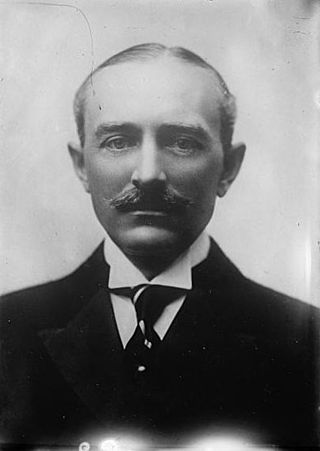
Horace White was an American lawyer and politician from New York. He was the 37th governor of New York from October 6, 1910, to December 31, 1910.

Carl Lotus Becker was an American historian who studied the American Revolution and the Age of Enlightenment in America and Europe.
Thomas Eisner was a German-American entomologist and ecologist, known as the "father of chemical ecology." He was a Jacob Gould Schurman Professor of Chemical Ecology at Cornell University, and director of the Cornell Institute for Research in Chemical Ecology (CIRCE). He was a world authority on animal behavior, ecology, and evolution, and, together with his Cornell colleague Jerrold Meinwald, was one of the pioneers of chemical ecology, the discipline dealing with the chemical interactions of organisms. He was author or co-author of some 400 scientific articles and seven books.

The history of Cornell University begins when its two founders, Andrew Dickson White of Syracuse and Ezra Cornell of Ithaca, met in the New York State Senate in January 1864. Together, they established Cornell University in Ithaca, New York, in 1865. The university was initially funded by Ezra Cornell's $400,000 endowment and by New York's 989,920-acre (4,006.1 km2) allotment of the Morrill Land Grant Act of 1862.
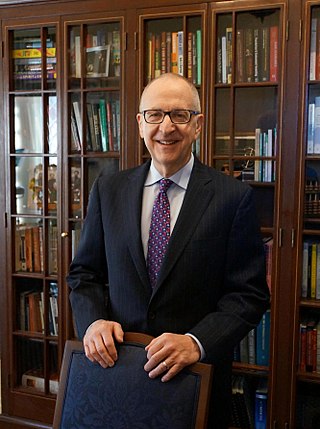
David Jan Skorton is an American physician and academic. He has been president and chief executive officer of the Association of American Medical Colleges (AAMC) since July 15, 2019. Prior to the AAMC, he led the Smithsonian Institution, as its 13th Secretary from July 2015 to June 2019. A cardiologist, he was president of Cornell University from 2006 to 2015. Before arriving at Cornell, he served as president of the University of Iowa, where he had been a longtime professor and then vice president. He began his career as a professor of medicine and engineering. He was the first physician to serve as president of the Smithsonian Institution.
Peter Leslie Doohan was an Australian tennis player who won three consecutive Australian Hard Court Championships singles titles, which remains an Open era record for that tournament. He won a further two singles titles at the South Australian Open in 1984 and San Louis Potosí tournament in Mexico in 1988. He also won five doubles titles during his career. The right-hander reached his highest Association of Tennis Professionals (ATP) singles ranking of world No. 43 in August 1987.

Brian Wansink is an American former professor and researcher who worked in consumer behavior and marketing research. He was the executive director of the USDA's Center for Nutrition Policy and Promotion (CNPP) from 2007 to 2009 and held the John S. Dyson Endowed Chair in the Applied Economics and Management Department at Cornell University, where he directed the Cornell Food and Brand Lab.
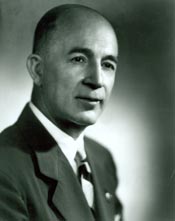
Frank John Becker was an American business executive and politician. A member of the Republican Party, he served five terms in the New York State Assembly and six terms in the United States House of Representatives from New York.
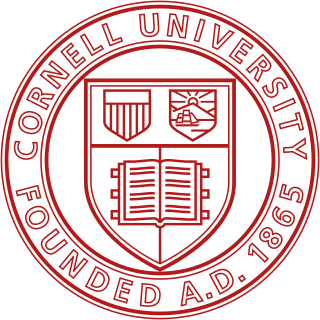
Cornell University is a private Ivy League land-grant research university based in Ithaca, New York, United States. The university was founded in 1865 by Ezra Cornell and Andrew Dickson White. Since its founding, Cornell has been a co-educational and nonsectarian institution. As of fall 2023, the student body included 16,071 undergraduate and 10,207 graduate students from all 50 U.S. states and 130 countries.
Franklin Martin Loew, was president of Becker College, dean of the College of Veterinary Medicine at Cornell University and dean of Tufts University School of Veterinary Medicine.
The Cornell University Department of History is an academic department in the College of Arts and Sciences at Cornell University that focuses on the study of history. Founded in 1868, it is one of Cornell's original departments and has been a center for the development of professional historical research institutions in the United States, including the American Historical Association and the American Historical Review. It remains a highly-ranked program in the field and its alumni and faculty have won Nobel and Pulitzer Prizes, among other distinctions. In addition, three of Cornell's presidents have served among its ranks.
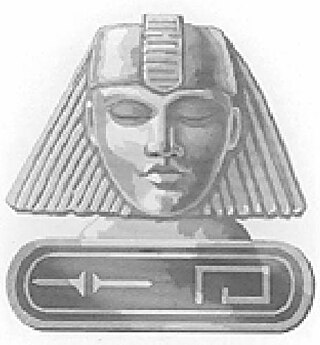
The Sphinx Head Society is the oldest senior honor society at Cornell University. Sphinx Head recognizes Cornell senior men and women who have demonstrated respectable strength of character on top of dedication to leadership and service at Cornell University. In 1929 The New York Times held that election into Sphinx Head and similar societies constituted "the highest non-scholastic honor within reach of undergraduates."
Stephen H. Weiss was an American investment banker, philanthropist, and former chairman of the Cornell University Board of Trustees.

Louis Reichenthal Gottschalk was an American historian, an expert on the Marquis de Lafayette and the French Revolution. He taught at the University of Chicago, where he was the Gustavus F. and Ann M. Swift Distinguished Service Professor of History.

The Telluride House, formally the Cornell Branch of the Telluride Association (CBTA), and commonly referred to as just "Telluride", is a highly selective residential community of Cornell University students and faculty. Founded in 1910 by American industrialist L. L. Nunn, the house grants room and board scholarships to a number of undergraduate and graduate students, post-doctoral researchers and faculty members affiliated with the university's various colleges and programs. A fully residential intellectual society, the Telluride House takes as its pillars democratic self-governance, communal living and intellectual inquiry. Students granted the house's scholarship are known as Telluride Scholars.
Adam Michael Becker is an American astrophysicist, author, and scientific philosopher. His works include the book What Is Real?, published by Basic Books, which explores the history and personalities surrounding the development and evolution of quantum physics, and includes a modern assessment of the Copenhagen Interpretation.
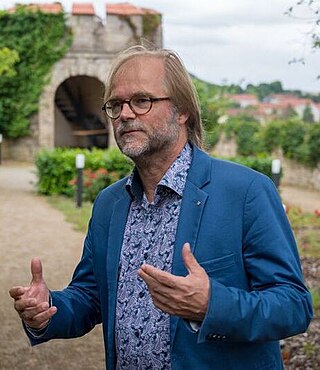
Holger Becker is a German businessman and politician of the Social Democratic Party (SPD) who has been serving as a member of the Bundestag since the 2021 German federal election, representing the constituency of Jena – Sömmerda – Weimarer Land I.
References
- ↑ Fun Facts
- ↑ Cornell Alumni News, Vol. 7 No. 9 p. 65 (November 25, 1903)
- ↑ American Australian Association | History of the Association